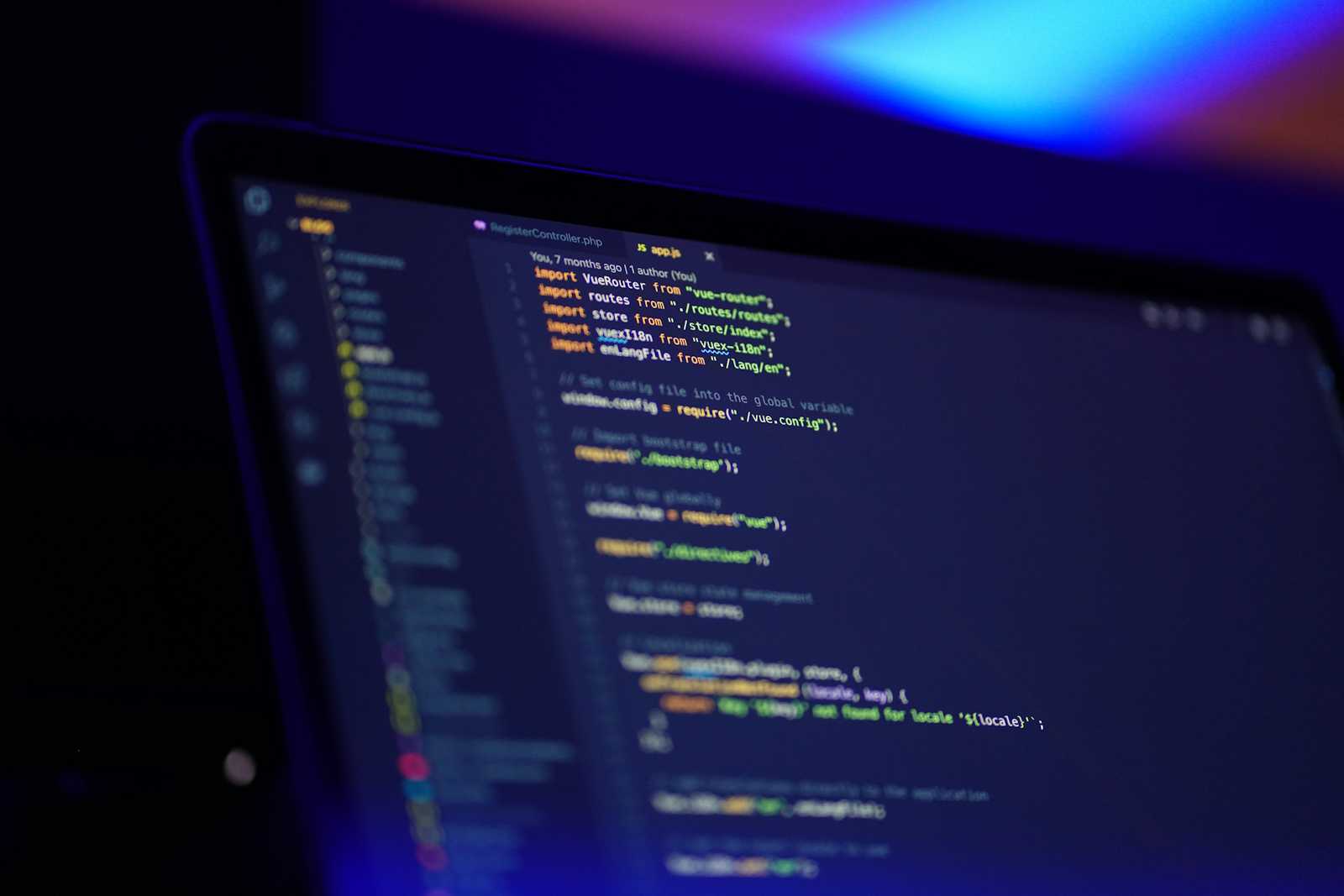10 Fun Facts About Programming
 Biz Blogger
Biz Blogger
Programming is an essential skill in today's digital age, powering everything from smartphones to space exploration. While it can be complex and challenging, it also has a fascinating side filled with interesting tidbits. Here are ten fun facts about programming that every coder, or aspiring coder, should know.
1. The First Programmer Was a Woman
Ada Lovelace, an English mathematician, is considered the world's first computer programmer. In the mid-1800s, she wrote the first algorithm intended for Charles Babbage's Analytical Engine. Lovelace's work laid the foundation for modern computer science, making her a pioneering figure in the field.
2. The First Computer Bug Was a Real Bug
In 1947, computer scientist Grace Hopper and her team discovered a moth trapped in a relay of the Harvard Mark II computer, causing a malfunction. They documented this "first actual case of bug being found" and taped the moth in the logbook, coining the term "debugging" for fixing computer glitches.
3. The "Hello, World!" Program
Most programmers start learning a new language by writing a simple program that prints "Hello, World!" This tradition was popularized by the book "The C Programming Language" by Brian Kernighan and Dennis Ritchie, who are also the creators of the C programming language.
4. There Are Over 700 Programming Languages
From well-known languages like Python, Java, and C++ to more obscure ones like Befunge and Whitespace, there are over 700 programming languages available. Each language has its unique syntax, features, and use cases, making the world of programming incredibly diverse.
5. The Shortest Possible Program
In many programming languages, the shortest possible program is one that does nothing, often called a "null program." In C, for example, an empty main function int main() {} constitutes a valid program that compiles and runs, although it performs no operations.
6. The Origin of "Spam"
The term "spam" for unsolicited emails and messages originated from a Monty Python sketch. In the sketch, a restaurant menu is filled with spam, and a group of Vikings sings "Spam, spam, spam" loudly, drowning out all other conversation. Early internet users adopted the term to describe excessive and annoying messages.
7. The Birth of Open Source
The open-source movement began in the 1980s with the creation of the GNU Project by Richard Stallman. Open source software is freely available for anyone to use, modify, and distribute. This movement has led to the development of some of the most widely used software today, including the Linux operating system and the Apache HTTP Server.
8. The Longest Word You Can Type with One Hand
In the QWERTY keyboard layout, the longest word you can type with your left hand is "stewardesses," and with your right hand, it's "lollipop." These fun linguistic curiosities are often shared among programmers who spend a lot of time typing.
9. Programming Languages Evolve Constantly
Programming languages are not static; they evolve over time. Languages like Python and JavaScript are regularly updated with new features and improvements. This continuous evolution helps to address new challenges and improve efficiency, security, and functionality.
10. The First Video Game
The first video game ever created was "Tennis for Two," developed by physicist William Higinbotham in 1958. It was an interactive game displayed on an oscilloscope screen, predating the famous "Pong" by over a decade. This early innovation marked the beginning of the now vast and complex video game industry.
Conclusion
Programming is more than just writing code; it's a field rich with history, innovation, and quirky facts. Whether you're a seasoned developer or just starting, these fun facts highlight the fascinating and sometimes surprising aspects of programming. As technology continues to advance, who knows what new and interesting tidbits the future will hold? Happy coding!
Subscribe to my newsletter
Read articles from Biz Blogger directly inside your inbox. Subscribe to the newsletter, and don't miss out.
Written by
